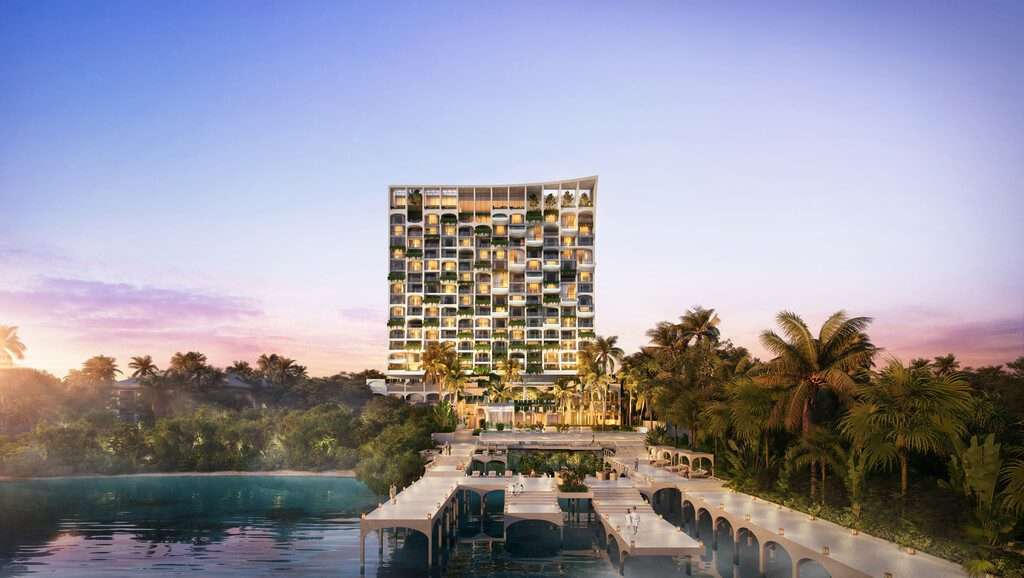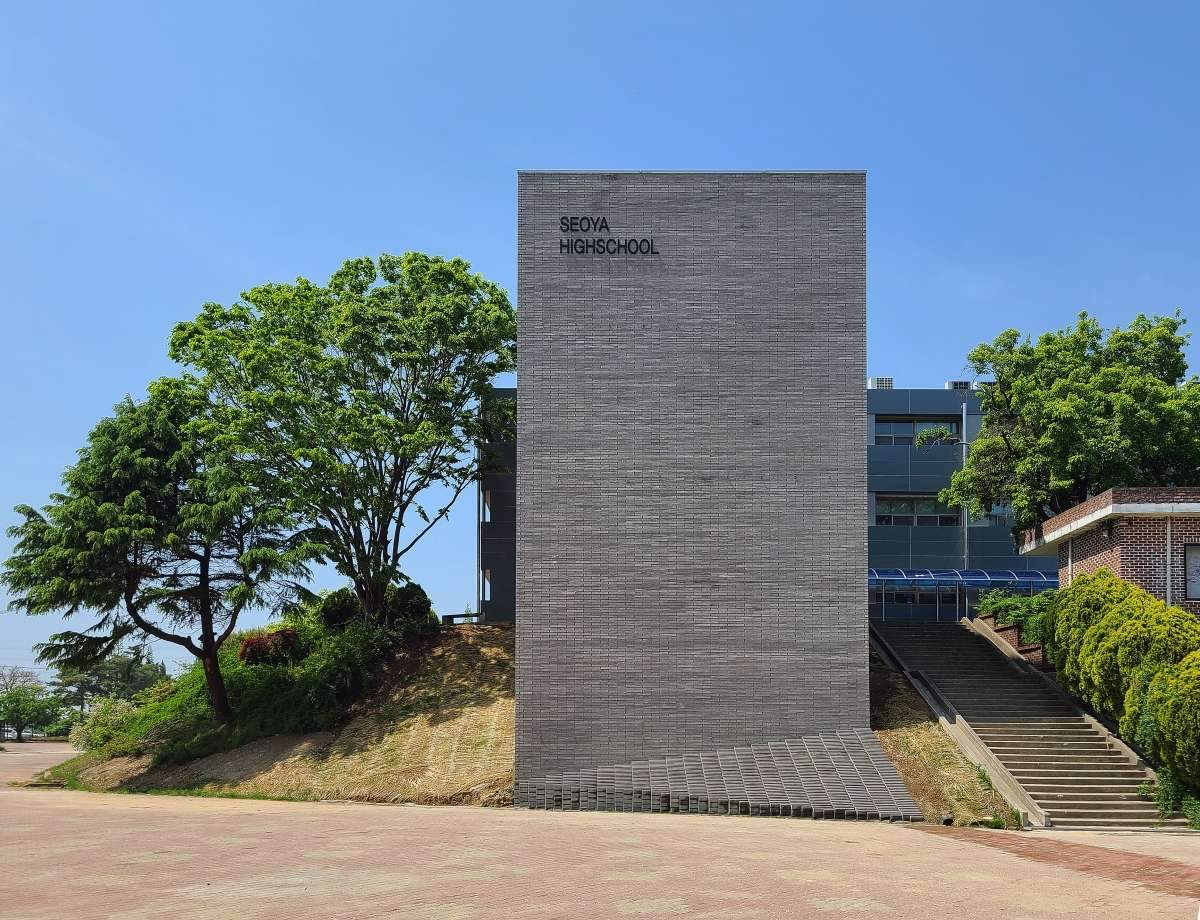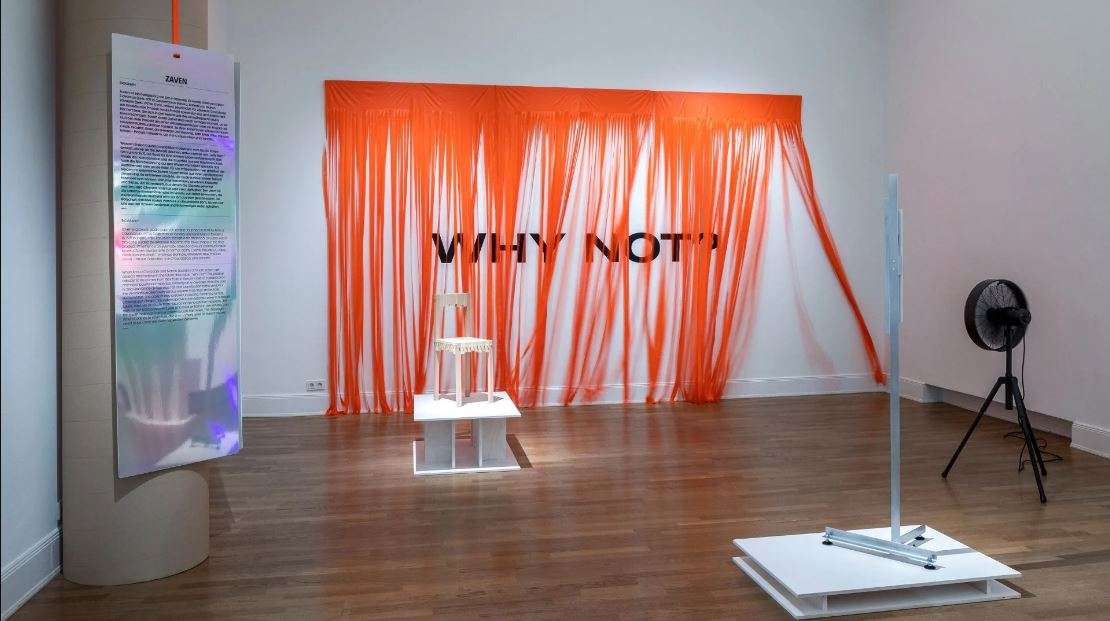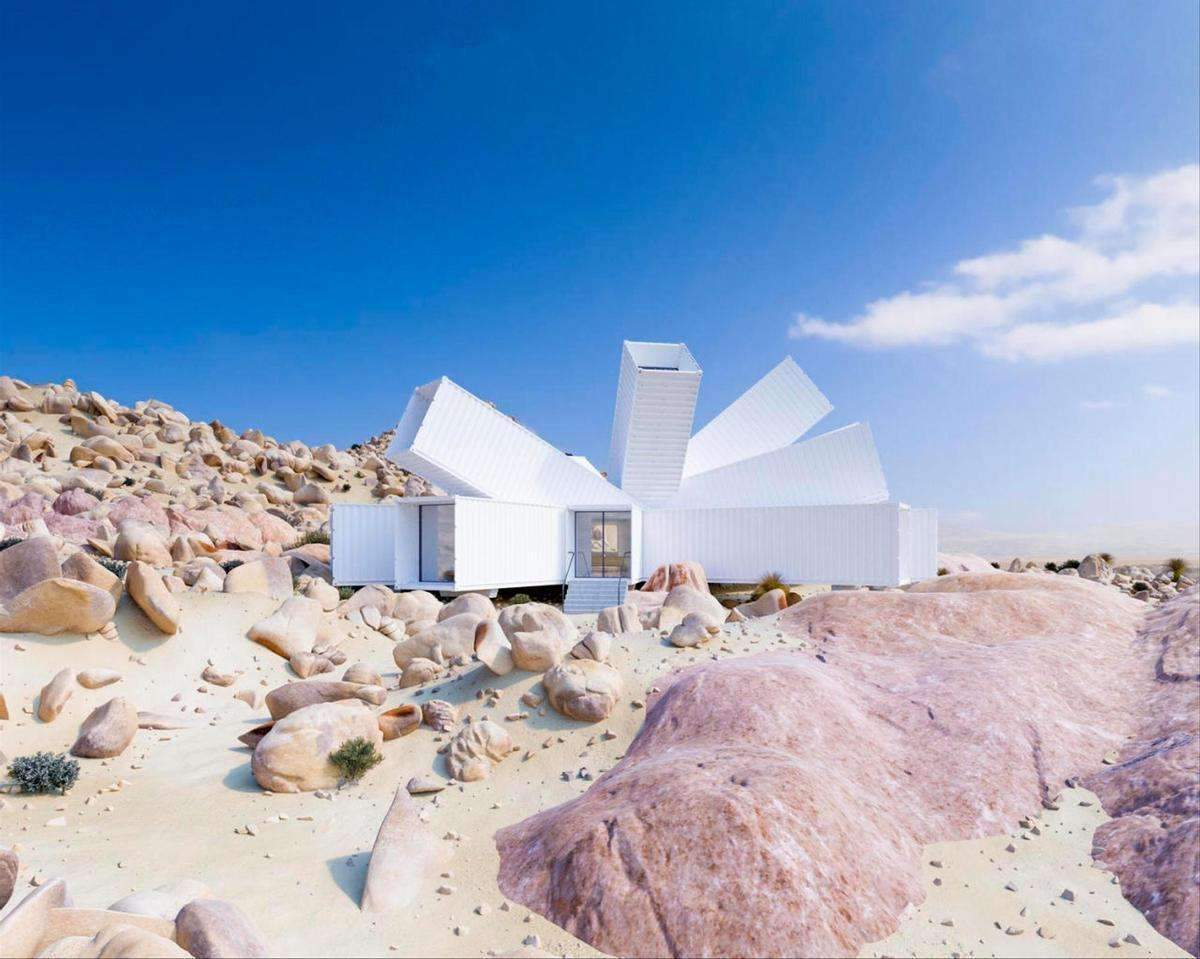Ole Scheeren Reveals a Tropical Story with the Abaca Resort
Ole Scheeren Reveals a Tropical Story with the Abaca Resort in the Philippines
Project Specifications
Project Name: The Abaca Resort
Architect: Buro Ole Scheeren
Project Location: Cebu, Philippines
Project Year: 2024 (Expected)
The Abaca Resort is a slightly concave tower set in a lush green atmosphere of tropical landscape in Cebu, Philippines. The tower accommodates layers of pools and waterfalls creating a multi-sensory experience for the users. Let’s see unveils philippines resort.
The design is an inspiration-based design that takes its incentives and encouragement from the island’s native, natural landscaping and the local architecture. It is a reflection of the vernacular context in terms of nature and architecture. The project is expected to be completed by the end of 2024, beginning the same in September of 2021.

Source: buro-os.com
The resort, with a fusion of lavish rainforest, pools, arched colonnades, and waterfalls, extends an expedition of discovery and surprise for the visitors. The spaces are well-crafted with rich vernacular elements dating back to the 16th century. These traditional spaces and elements lead to intimate encounters with the language and power of the tropical islands.
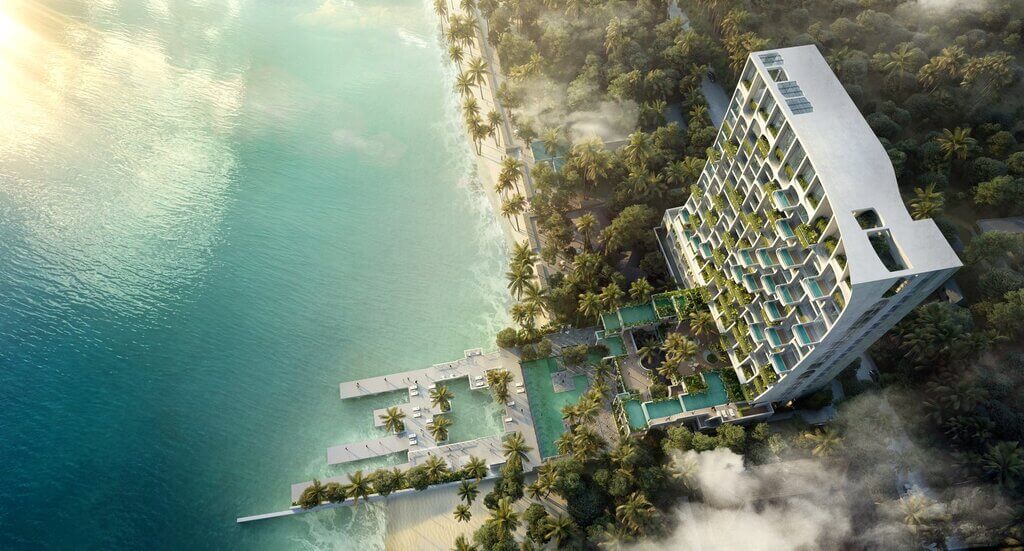
Source: skyscrapercity.com
The building program consists of suites, sky villas and gathering spaces like bars, lounges and restaurants. The concave tower accommodates two restaurants- one of which faces the ocean and another one is located on the top floor of the tower. The resort also includes public amenities like a spa and wellness retreat to provide the visitors with a wholesome relaxing experience.
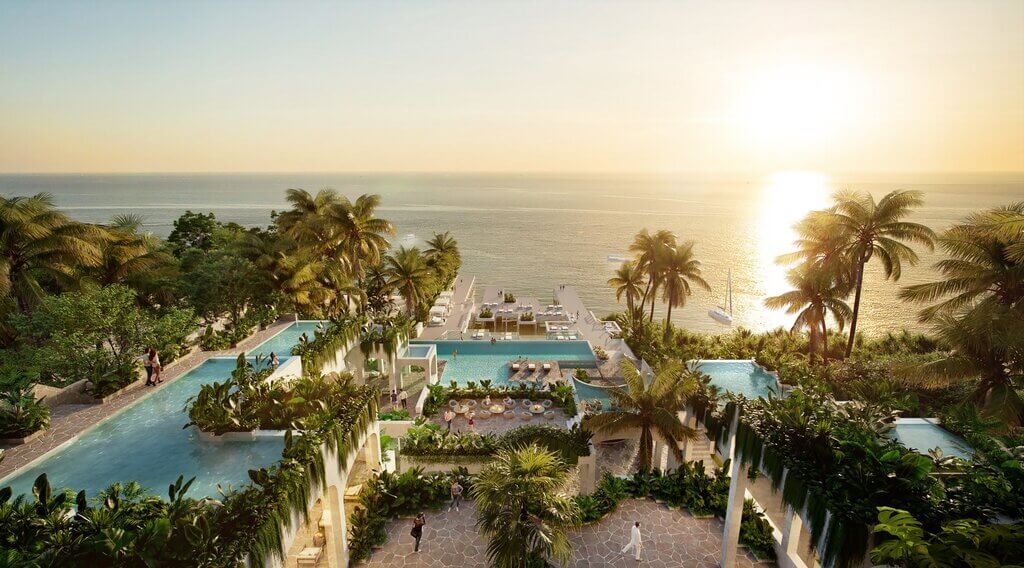
Source: skyscrapercity.com
The project is similar to a journey through the paths of the rainforest where the built environment along with the interiors and landscaping merge to deliver a multi-sensory experience. The design is characterized by an open-air lobby enclosed by arched colonnades and waterfalls. The terraces and water basins on various levels form the gathering areas, a series of piers go on till the ocean.
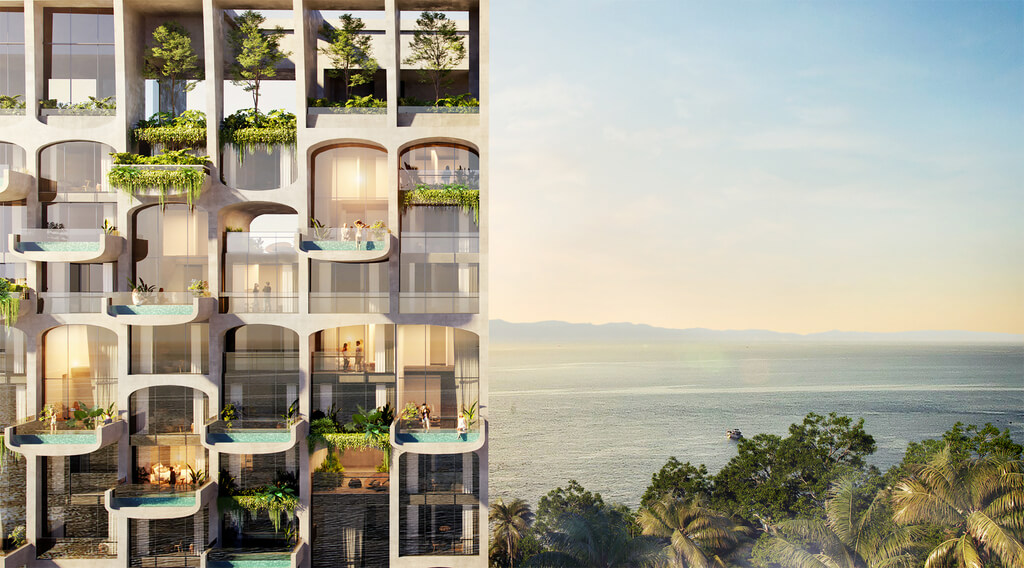
Source: adsttc.com
The concave mass featuring arches, floating pools on its facade is a result of the topography of the site. The curves and arches on the facade are replicated in the interior spaces as well to generate the essence of the bungalows. To enhance, promote and highlight the vernacular craftsmanship and artisan practices, the project uses locally available materials and native construction practices.
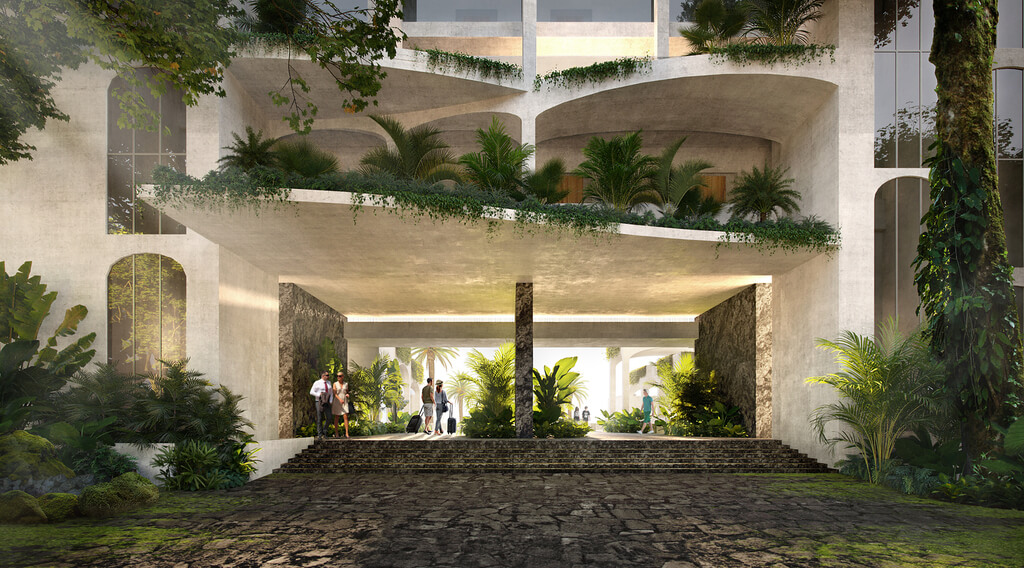
Source: adsttc.com
Open corridors along with small pocket gardens support the natural ventilation and cross-ventilation in the interior areas, which is one of the passive energy-saving strategies adopted in the project. In addition to this, water conservation systems are also laid throughout the project’s waterscapes and they form biotopes overall the project.
Ole Scheeren quotes, ‘The project is telling a story, a story of discovery and surprise, a story of wonder and curiosity, a story of language of architecture and the power of tropical nature. It is a journey through the rainforest, the exploration of habitable structures, places of rest and repose… an intimate sensory experience.’
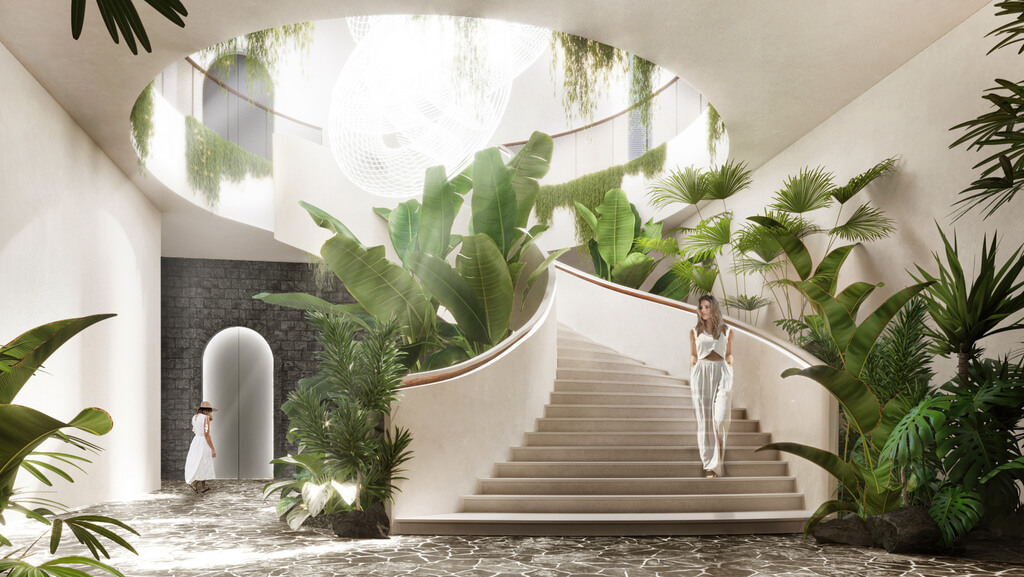
Source: adsttc.com
This story-telling begins from the open-air lobby that is placed within the rainforest where the trees form beautiful natural canopies. The grand lobby takes to a lower level towards the ocean with the arched colonnades, pools, waterfalls, open seating spaces and the piers that extend to the water. The panorama of the ocean is caught after passing through lush green foliage.
The main tower is termed as ‘Vertical Village’, the facade of which is thoughtfully planned and designed.
A slight concavity to the tower allows to capture the sea views, balconies and pools in the elevation along with the punctured pockets of greenery make the facade look light, floating and gives a glimpse of social habitation. The curves on the exterior are repeated in the interiors of the suites and sky villas to create a sense of enclosure and to impart the feeling of being welcomed.
The continued curves also help to maintain uniformity in the design. The guest accommodation is facilitated with reasonable outdoor terraces and private pools, the design is done in a way that it gives a feeling of owning a floating bungalow.
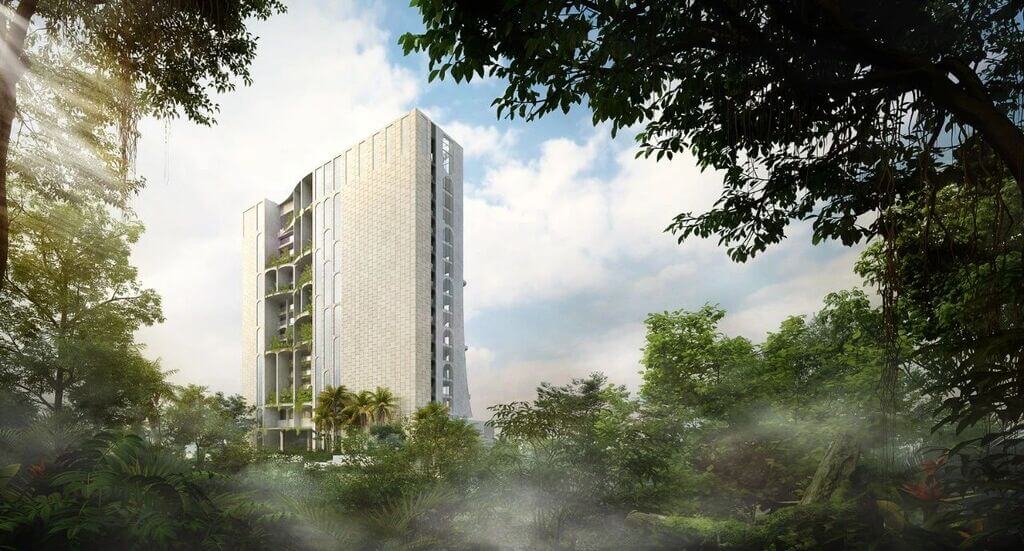
Source: aliyuncs.com
“The architecture echoes memories of past cultures, embeds them in a new setting: Notions of local craftsmanship merge with modern technologies, the façade unfolds a playful three-dimensional grid of arched picture-frames, each containing a personal and intimate view of the ocean with its vertical colonnades and hanging gardens, the building grows into the sky like a long-lost tropical village,” said Ole Scheeren.
The perfect balance and symphony of architecture, interior and landscape designed by Ole Scheeren and the designated team creates a holistic experience for the user. The idea of storytelling and making the guests familiar with the local island’s natural and architectural context through design is a unique approach towards architecture.
One gets to experience the beauty of nature, magnificent views of the ocean, the aesthetics of vernacular architecture at their comfort accompanied by the feeling of being at their floating bungalow. Local materials and promoting local techniques give the project another sustainable approach and it rewards the local artists and craftsmen with an opportunity to showcase their work.
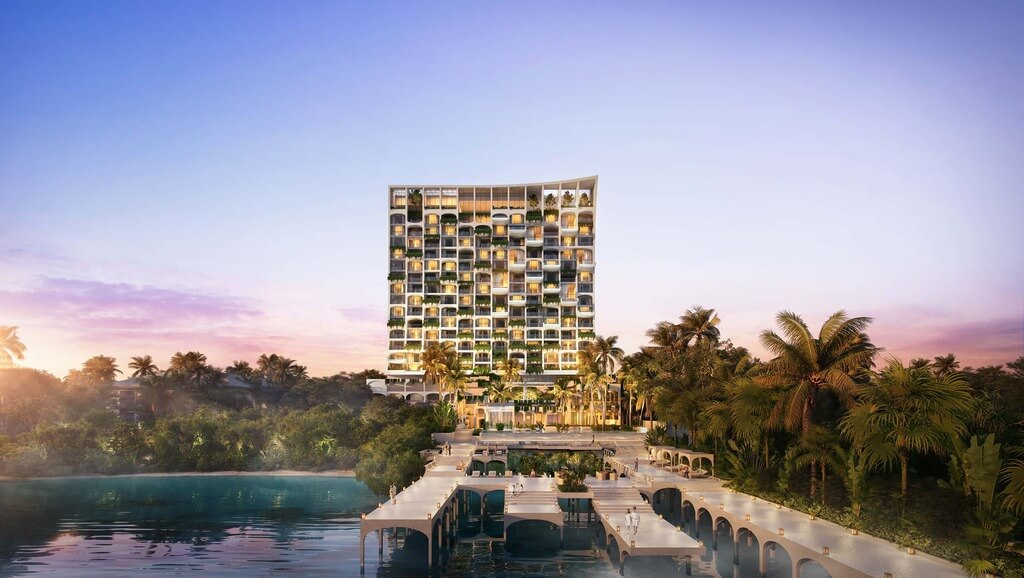
Source: buro-os.com
A sustainable approach with thoughtful planning is what marks this project different. The context of the project was sensitive, being amidst the tropical rainforest, but the light and floating structure with blues and greens in the elevation makes it merge well with the surroundings and make the building camouflage in the local architecture and native landscape.
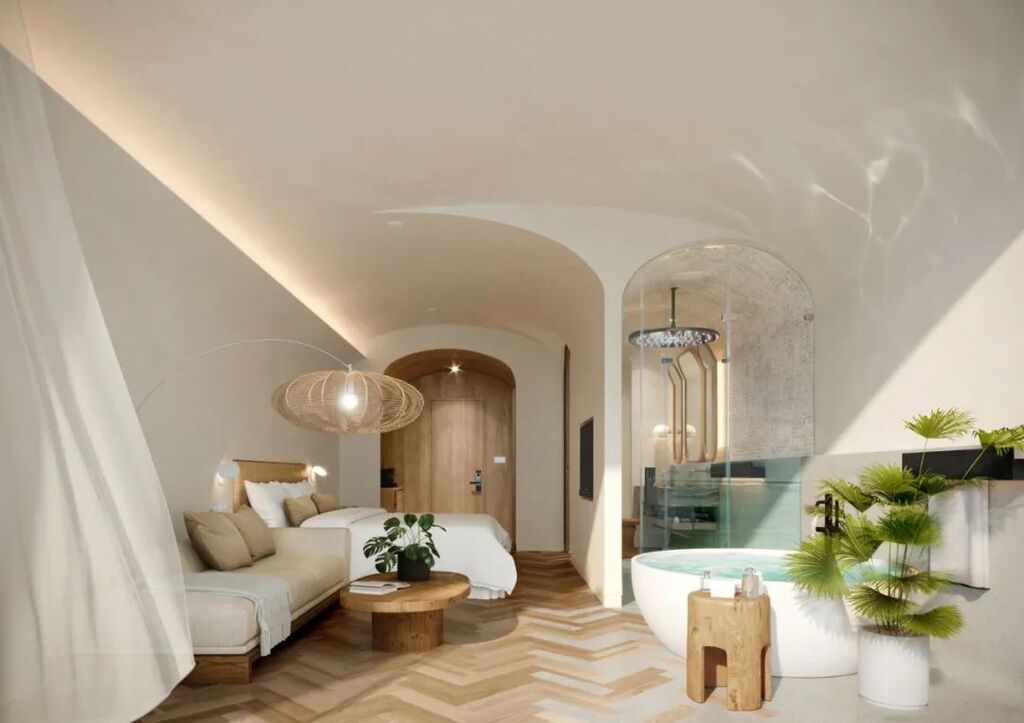
Source: artdesign.org.cn
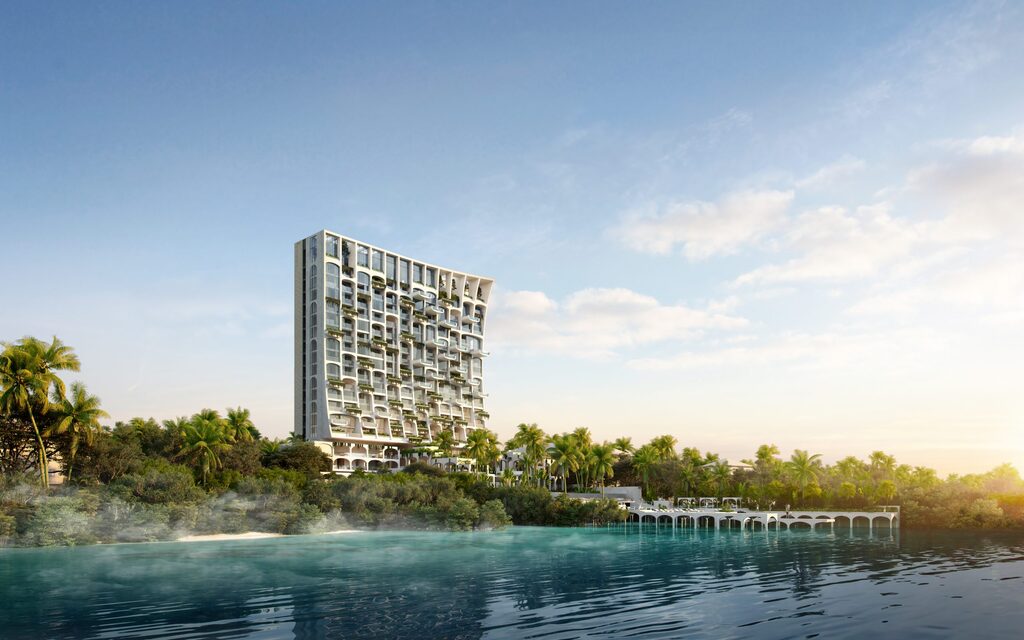
Source: pdailyforum.net
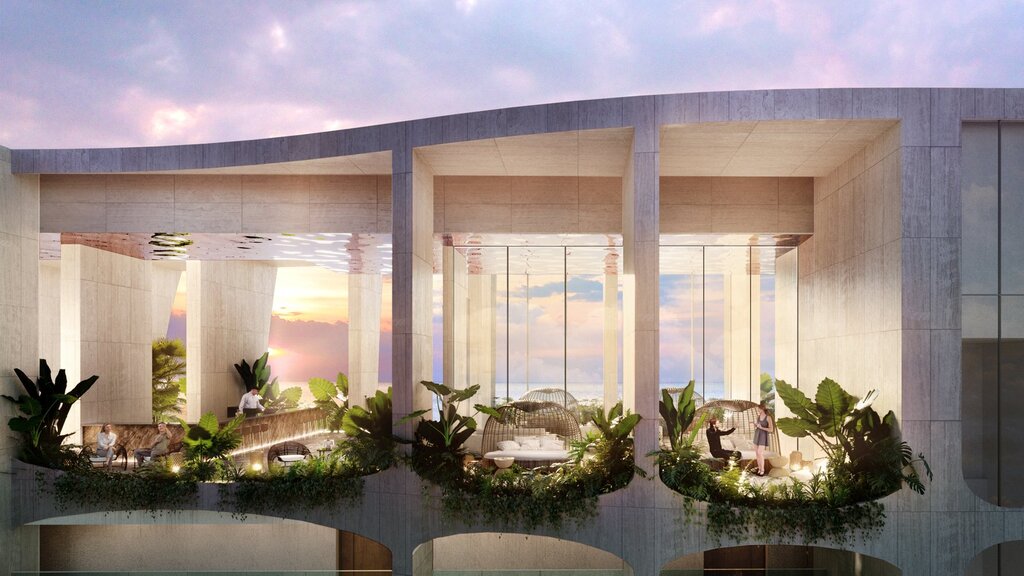
Source: skyscrapercity.com
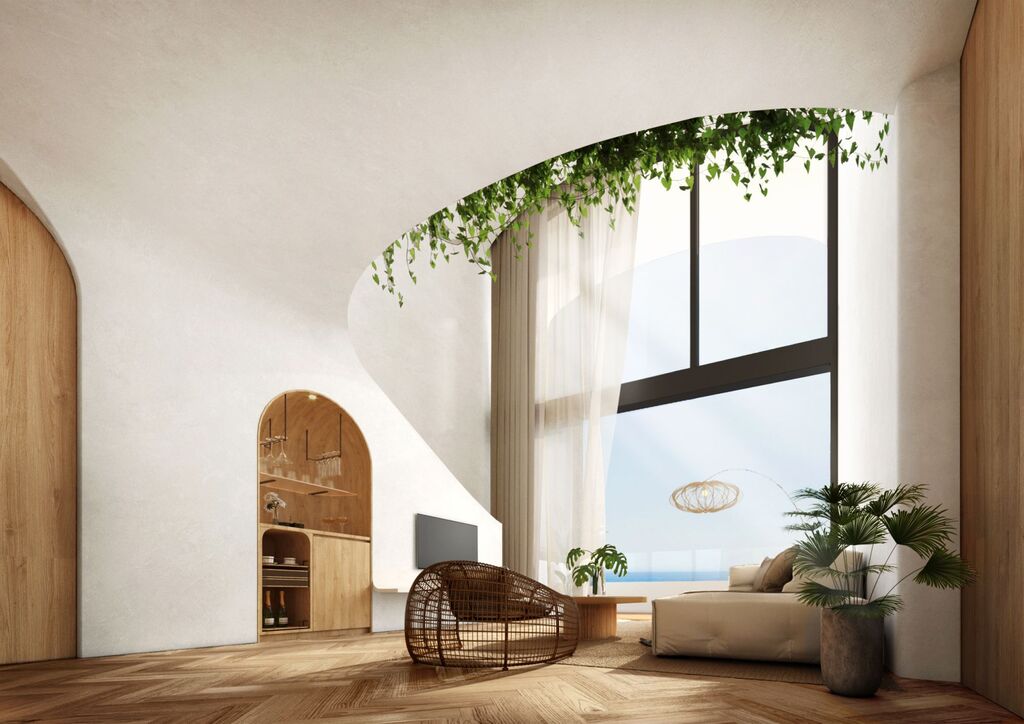
Source: asiatatler.com
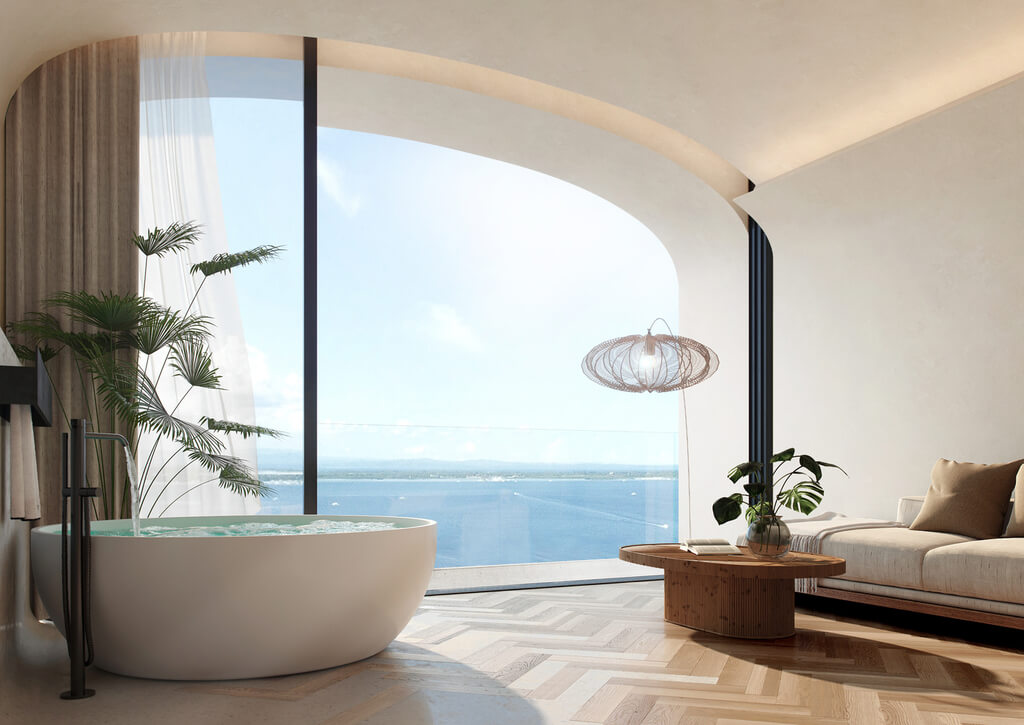
Source: adsttc.com
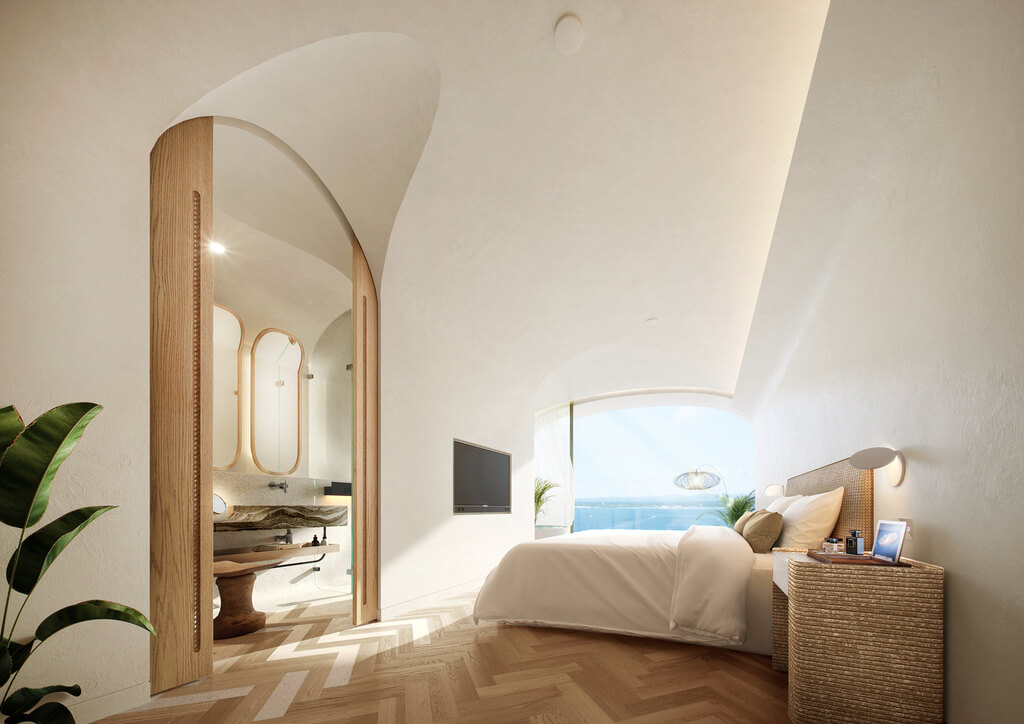
Source: adsttc.com
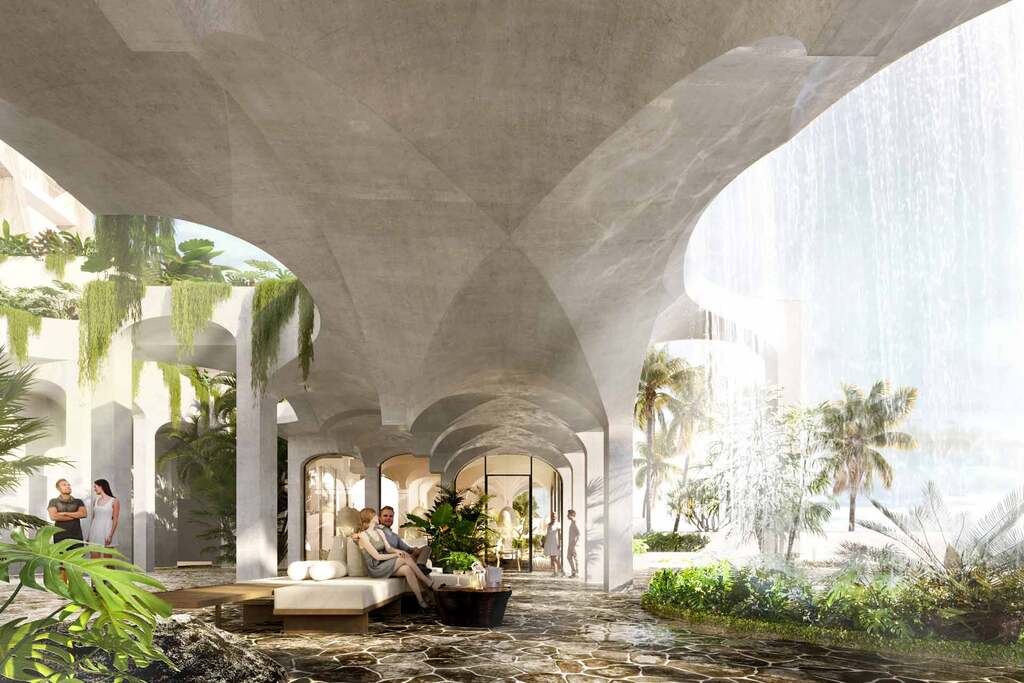
Source: sleepermagazine.com
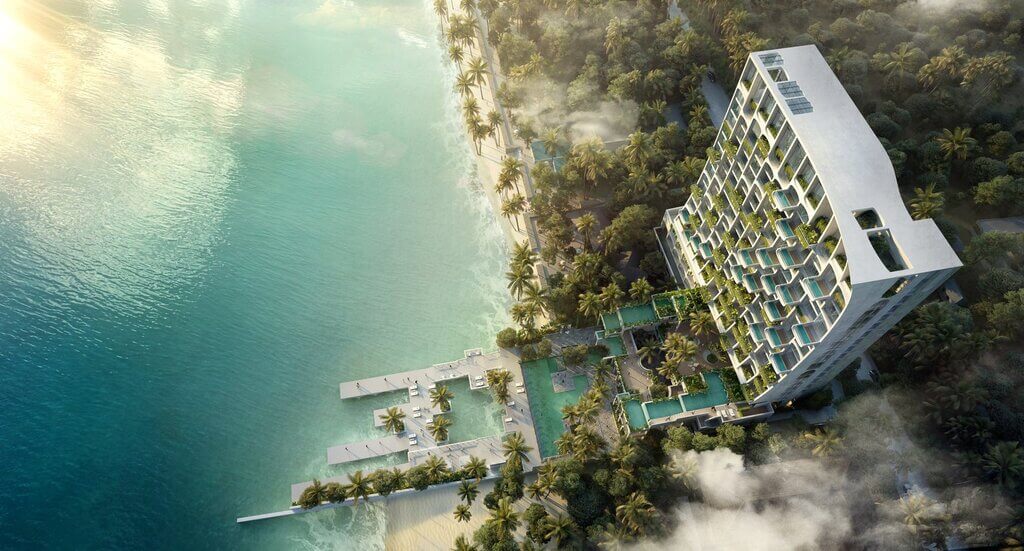
Source: skyscrapercity.com
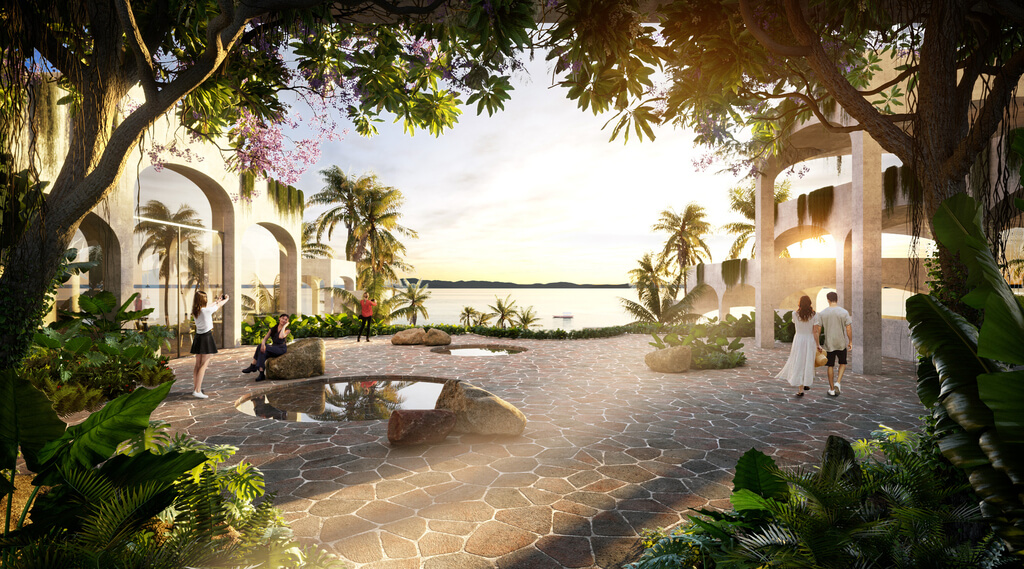
Source: adsttc.com
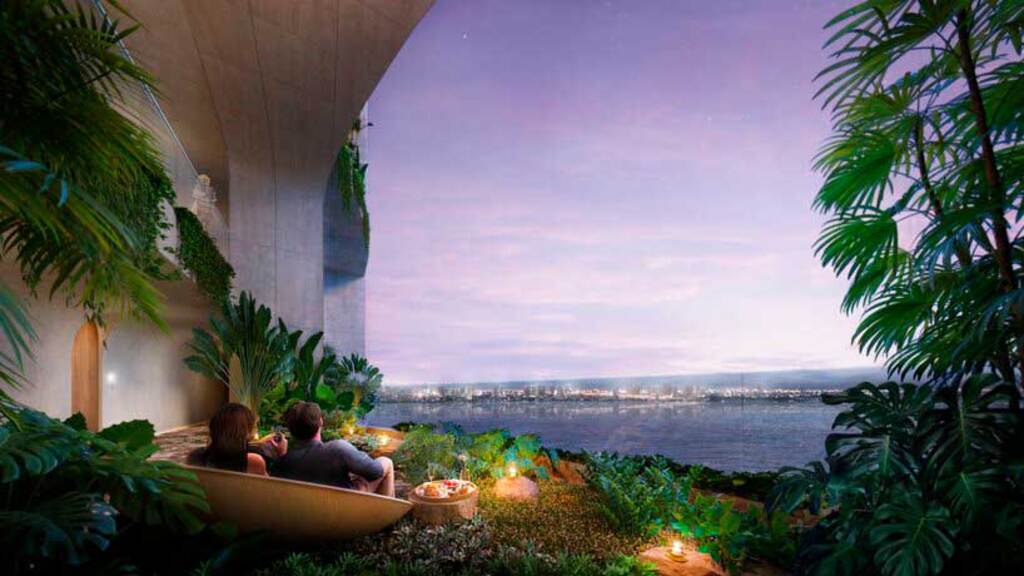
Source: grandengineer.ru
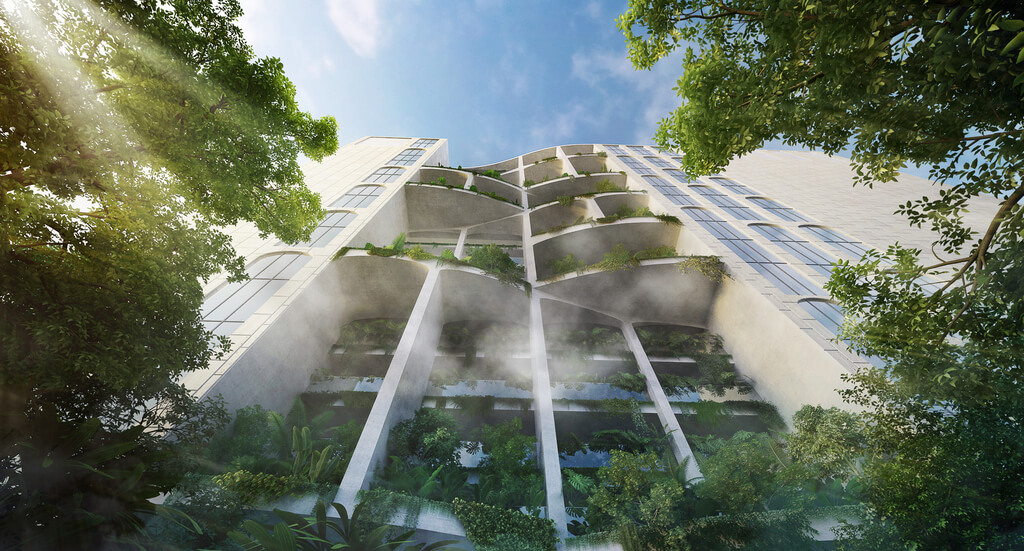
Source: adsttc.com
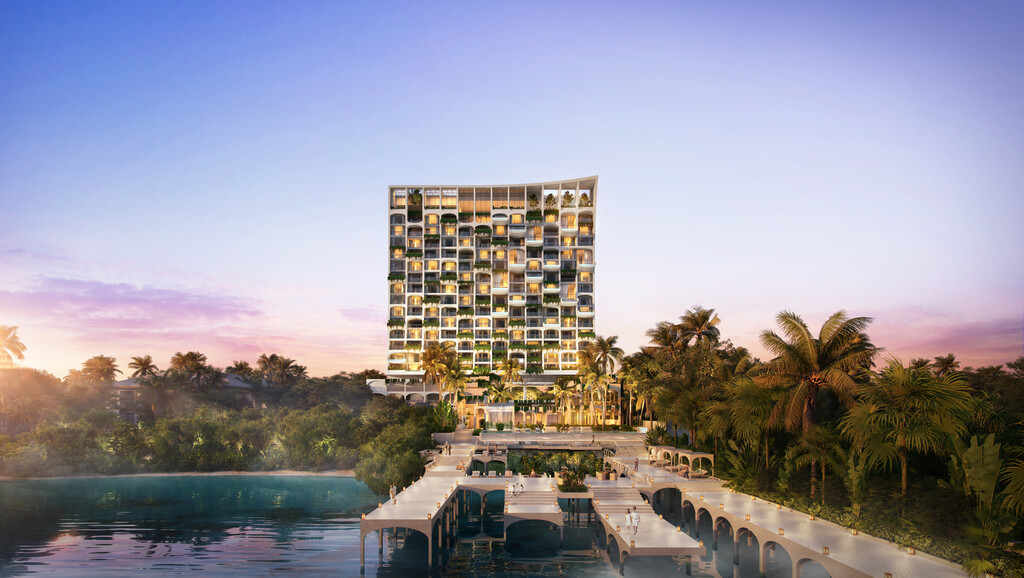
Source: adsttc.com
True valuable architecture makes you revisit the past, enhances your present experience and caters to the needs of the future. These principles were followed while designing the project where the arched colonnades and the traditional architectural features form a connection between the rich 16th-century architecture and the current architectural trends and context. The functioning and planning of design along with the common public amenities cater to the present comfort and needs of the users, whereas the passive energy efficiency techniques used in the project are concerning a better, maintained and sustainable future.
Computational Designer / Architect at Pattern Design in London
Ole Scheeren Reveals a Tropical Story with the Abaca Resort in the Philippines
https://archup.net/couvent-sainte-marie-de-la-tourette-eveux-sur-larbresle-france-1953-a-unique-synthesis-of-the-attainments/

